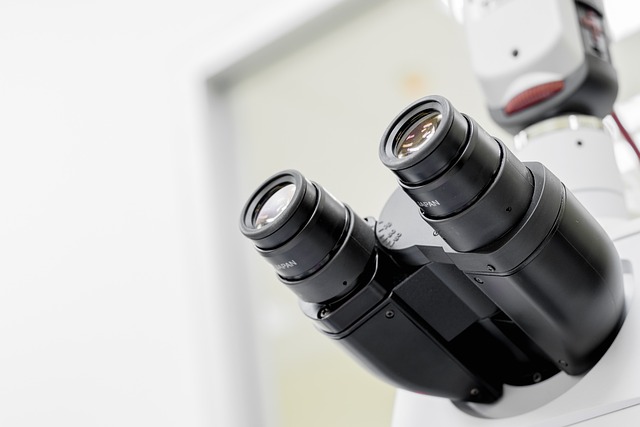
Revolutionizing Innovation: Insights from an Expert Panel on Science, Technology, and Workplace Culture
Revolutionizing Innovation: Insights from an Expert Panel on Science, Technology, and Workplace Culture
In the ever-evolving landscape of business and innovation, the interplay between science, technology, and workplace culture has never been more crucial. Recently, an expert panel gathered to share insights on how these elements intertwine to foster a thriving environment for creativity and progress. As we dive into their revelations, it becomes clear that understanding and optimizing these connections can lead to remarkable innovations.
Firstly, science plays a pivotal role in driving technological advancements. The panel highlighted how research, experimentation, and the pursuit of knowledge form the bedrock upon which technologies are built. From AI algorithms predicting consumer behavior to biomedical advances enhancing our healthcare systems, scientific fundamentals empower us to innovate effectively. The experts stressed the importance of fostering a culture of curiosity and inquiry within organizations, encouraging employees to engage in scientific thinking, ask questions, and explore solutions that can lead to groundbreaking products and services.
Next, technology itself serves as a catalyst for innovation. The expert panel discussed how digital transformation is not merely about adopting new tools, but about embracing a mindset that prioritizes continuous improvement. Organizations today are leveraging cutting-edge technologies such as machine learning, big data, and cloud computing to streamline operations and enhance productivity. This transformation paves the way for unprecedented possibilities, allowing teams to collaborate, share ideas, and iterate on projects in real time. However, the panel warned against becoming too enamored with technology, reminding us that the human element remains central to meaningful innovation.
Workplace culture is often cited as the invisible thread that links science and technology together in the innovation tapestry. The panel emphasized that a vibrant workplace culture is essential for nurturing talent and fostering collaborative environments where ideas can flourish. Companies that prioritize diversity, inclusion, and psychological safety tend to see greater engagement and creativity from their teams. Employees who feel empowered to speak up without fear of judgment are more likely to contribute innovative solutions that can propel a company forward.
One key takeaway from the discussion was the necessity of aligning organizational values with innovation strategies. The expert panel pointed out that leadership plays a critical role in shaping an environment that embraces change and supports continuous learning. When leaders model a commitment to innovation, it cascades down through the ranks, creating a collective ambition to push boundaries and explore new horizons.
Moreover, the integration of these elements—science, technology, and workplace culture—can lead to sustainable innovation practices. The experts encouraged organizations to build interdisciplinary teams that bring together diverse skill sets and perspectives. This cross-pollination of ideas cultivates a dynamic climate ripe for invention. By establishing channels for open communication and collaboration, businesses can break down silos and harness the full potential of their workforce.
In conclusion, the insights from this expert panel illuminate a clear path forward. Innovation is not a solitary endeavor; it thrives in environments where science and technology are embraced, and a healthy workplace culture is cultivated. As we continue to navigate the complexities of a rapidly changing world, it is essential that we remain open to learning, adapt to new trends, and prioritize the human experience within the realms of science and technology. Only then can we truly revolutionize the future of innovation.



